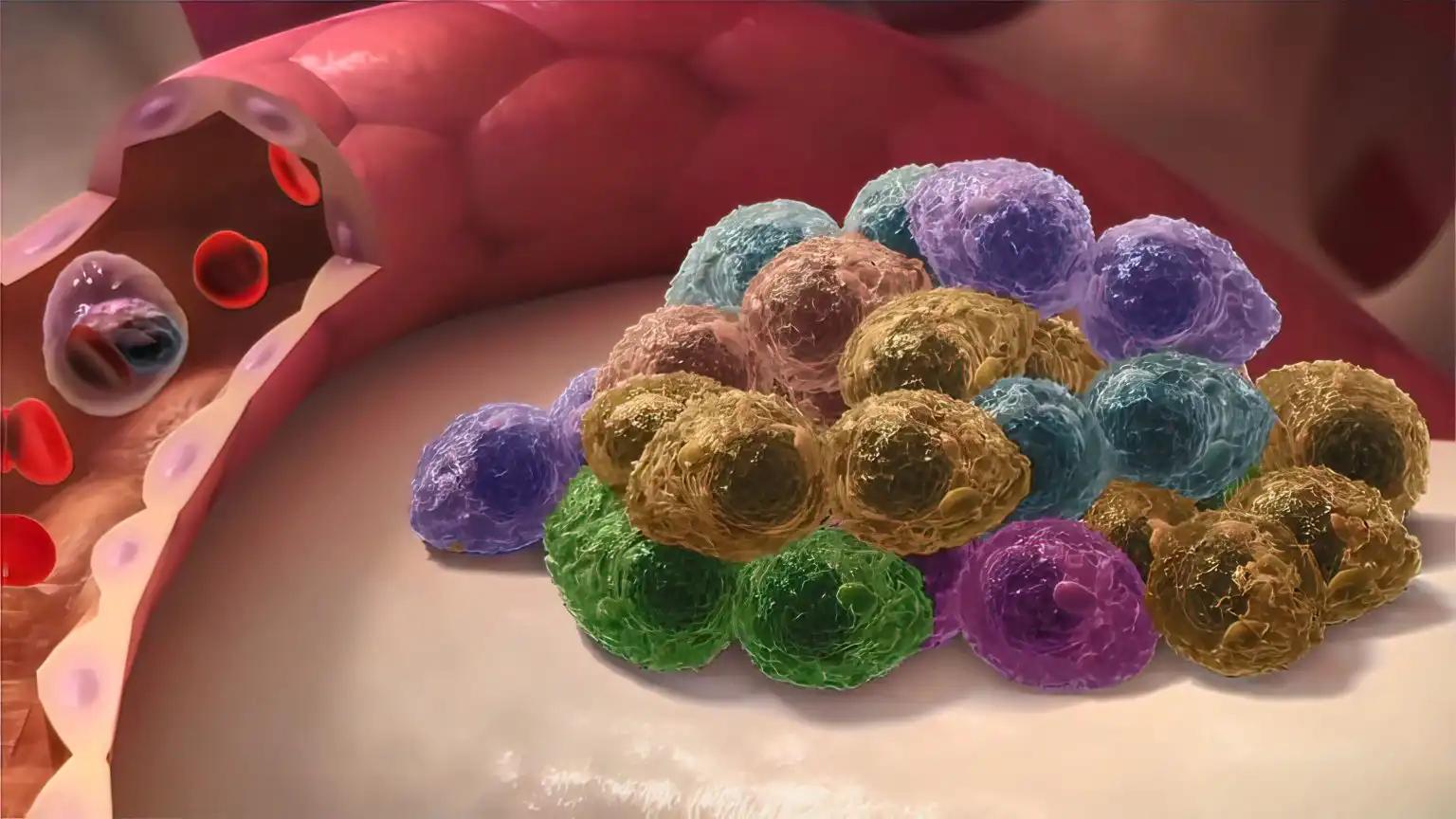KEY TAKEAWAYS
- The TRANSCEND-OUTREACH-007 phase II trial aimed to assess the safety and effectiveness of liso-cel in R/R LBCL patients treated at US community centers with outpatient and inpatient monitoring.
- The primary endpoint was the incidence of grade ≥3 CRS, NEs, infection, and prolonged cytopenia. Secondary endpoints included AEs, ORR, CR rate, and DOR.
- The study demonstrated substantial efficacy and a manageable safety profile in 3L+ R/R LBCLpts treated in community settings, supporting its use with outpatient and inpatient monitoring.
CAR T-cell therapies, including liso-cel, an autologous CD19-directed CAR T-cell product, are typically administered in inpatient settings. Researchers aimed to assess the safety and effectiveness of liso-cel in relapsed or refractory large B-cell lymphoma (R/R LBCL) patients(pts) treated at US community centers, with both outpatient and inpatient monitoring.
The study enrolled adults with R/R PET-positive LBCL) in the third line or later (3L+). The primary endpoint focused on assessing the incidence of grade ≥3 cytokine release syndrome (CRS) according to the Lee 2014 criteria, neurological events (NEs), infection, and prolonged cytopenia. Secondary endpoints included adverse events (AEs), objective response rate (ORR), complete response (CR) rate, and duration of response (DOR). Prespecified requirements for outpatient monitoring had to be met by both sites and pts, with inpatient monitoring at the investigator’s discretion.
About 82 pts received liso-cel, with 70% monitored as outpatients and 30% as inpatients. The median (range) age was 66 (28–86) years. Pts had a median (range) of 2 (1–6) prior lines of treatment, with 34% having ≥3 prior lines; 83% were chemotherapy-refractory, and 54% received bridging therapy. The most common reason for inpatient monitoring was disease characteristics (48%).
Among liso-cel–treated pts, the most common any-grade treatment-emergent adverse events (AEs) included neutropenia (67%), leukopenia (44%), cytokine release syndrome (CRS) (40%), thrombocytopenia (35%), anemia (33%), and fatigue (30%). No grade ≥3 CRS was reported. Any grade of NEs occurred in 29% (grade 3–4, 10%), and 29% of pts received tocilizumab and/or corticosteroids for CRS or NEs. In outpatients and inpatients, respectively, any-grade CRS was reported in 37% and 48%, NEs in 28% and 32% (grade ≥3, 12%, and 4%), infections in 33% and 32% (grade ≥3, 12% and 8%), and prolonged cytopenias in 33% and 32%.
For outpatients post-infusion, 25% were never hospitalized, and 32% were hospitalized within 4 days. The median (range) duration of the initial hospitalization after liso-cel was 6.0 days (1–28) for outpatients (n=43) versus 15.0 days (3–31) for inpatients (n=25). ORR was 80% CRR, 54%. The median (range) DOR was 14.75 (0–23.9) months.
The study demonstrated substantial efficacy and a manageable safety profile in patients with third-line or higher relapsed or refractory large B-cell lymphoma (3L+ R/R LBCL) treated in community settings, supporting its use in these settings with both outpatient and inpatient monitoring.
Source: https://clml-soho2023.elsevierdigitaledition.com/514/index.html
Clinical Trial: https://clinicaltrials.gov/study/NCT03744676
Linhares Y, Freytes C, Cherry M, Bachier C, Maris M, Hoda D, Varela JC, Bellomo C, Cross S, Essell J, Fanning S, Terebelo H, Yimer H, Courtright J, Sharman JP, Kostic A, Vedal M, Ogasawara K, Avilion A, Espinola R, Yuan B, Mattar B. Primary Results From OUTREACH: A Phase II Study of Lisocabtagene Maraleucel (Liso‑Cel) Administered in the Community Setting as Outpatient or Inpatient Treatment in Patients With Relapsed or Refractory (R/R) Large B‑Cell Lymphoma (LBCL). Scopus. 2023.



